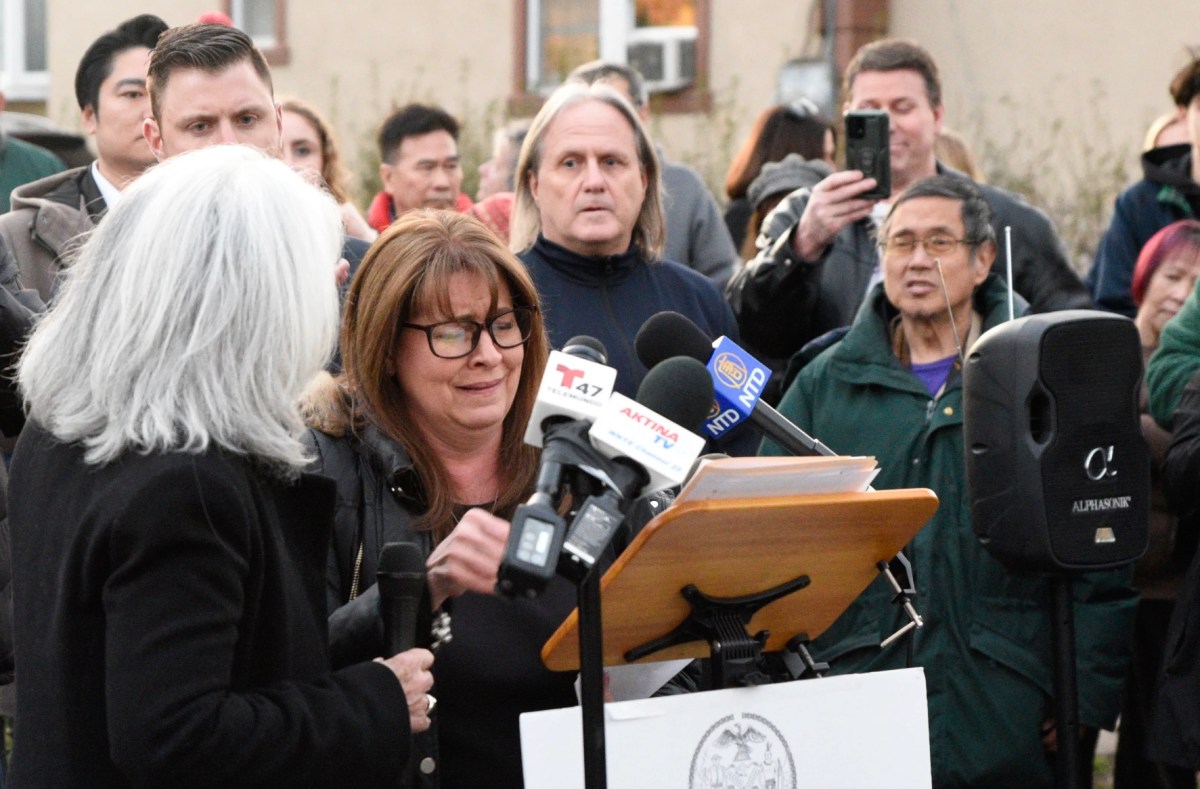Sometimes I feel like our immigration department makes things complicated just to baffle the public and keep immigration lawyers employed.
A case in point.
When a foreigner in Canada is about to run out of status they must submit an application to the Case Processing Centre in Vegreville, Alberta to extend their stay if they are to remain here legally.
Vegreville is currently taking 74 days to issue a study permit, 97 days to extend the status of a visitor, and 73 days to extend a work permit.
The frequent question that arises is: What happens if your work permit expires before you receive an extension? Can you still work in the meantime?
The answer to this is pretty simple. You may still do so under the terms of the expired work permit until a decision is communicated to you. This is so because you are granted “implied status” from the time you applied until the time that a decision is communicated to you.
However, what happens if the worker leaves the country briefly while awaiting a decision on an extension? When he returns to Canada, can he return to work while he continues to wait for the extension application to be processed?
The relevant section of the Immigration and Refugee Protection Act (IRPA) states that “if a temporary resident has applied for an extension…the period is extended…until a decision is made.” This seems to apply to temporary workers since they are classified as “temporary residents.” It contains no limitations for brief departures.
However, in an unrelated part of IRPA, i.e. the part which deals with those foreigners who are allowed to work in Canada without a work permit, the Act includes a provision which clouds the issue. It says that a person can work in Canada without a permit if they made a timely application for an extension and “if they have remained in Canada after the expiry of their work permit.”
Needless to say these two provisions suggest different answers and have caused quite a bit of confusion. The first provision suggests that the worker who briefly departs Canada continues to have implied status while the second suggests that they can’t return to work in Canada after a brief absence while awaiting processing. As a result, port-of-entry officers have been dealing with this scenario inconsistently.
On January 15th, the immigration department issued a bulletin ostensibly clarifying this situation. Indeed, a foreign worker who leaves Canada in these circumstances can re-enter Canada as a temporary resident but only if they are from a visitor visa exempt country or if they have a multiple entry visa. However, they will lose their right to work here “until their application for renewal has been granted.”
This result makes little sense from a public policy point of view.
Wasn’t the whole point of “implied status” to avoid disrupting Canadian employers and their businesses while their lawful foreign workers wait for Vegreville to process an extension request?
The answer to our question is now “clear.” However, the rationale for allowing the re-entry of a worker who left Canada with “implied status” but denying him the right to return to work while his work permit is being renewed is far from it.
Guidy Mamann practices law in Toronto at Mamann, Sandaluk and is certified by the Law Society of Upper Canada as an
immigration specialist. Reach him confidentially at 416-862-0000 or at
metro@migrationlaw.com.
















